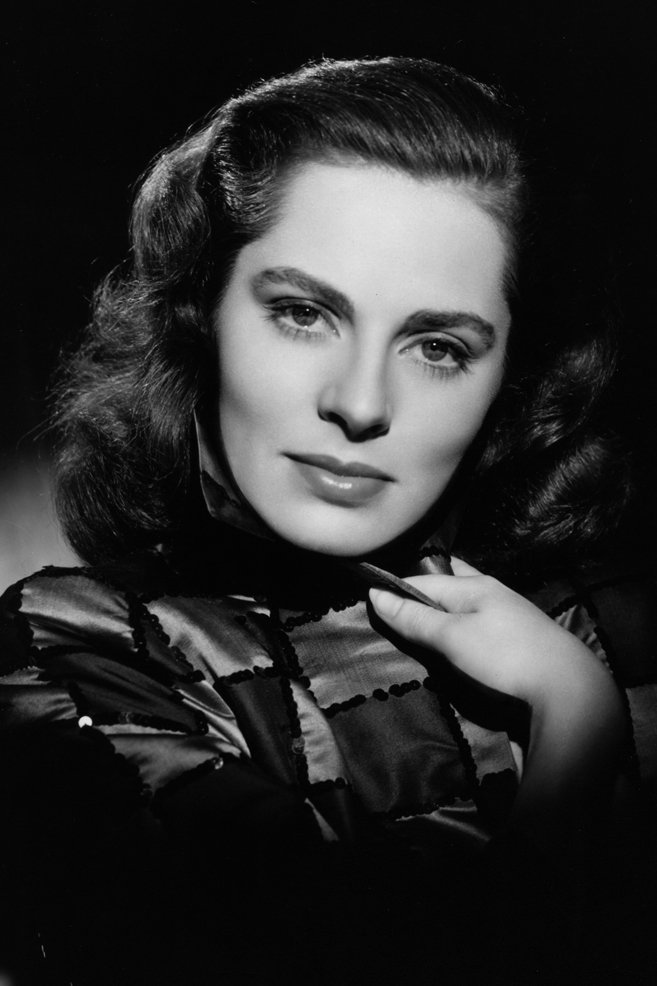
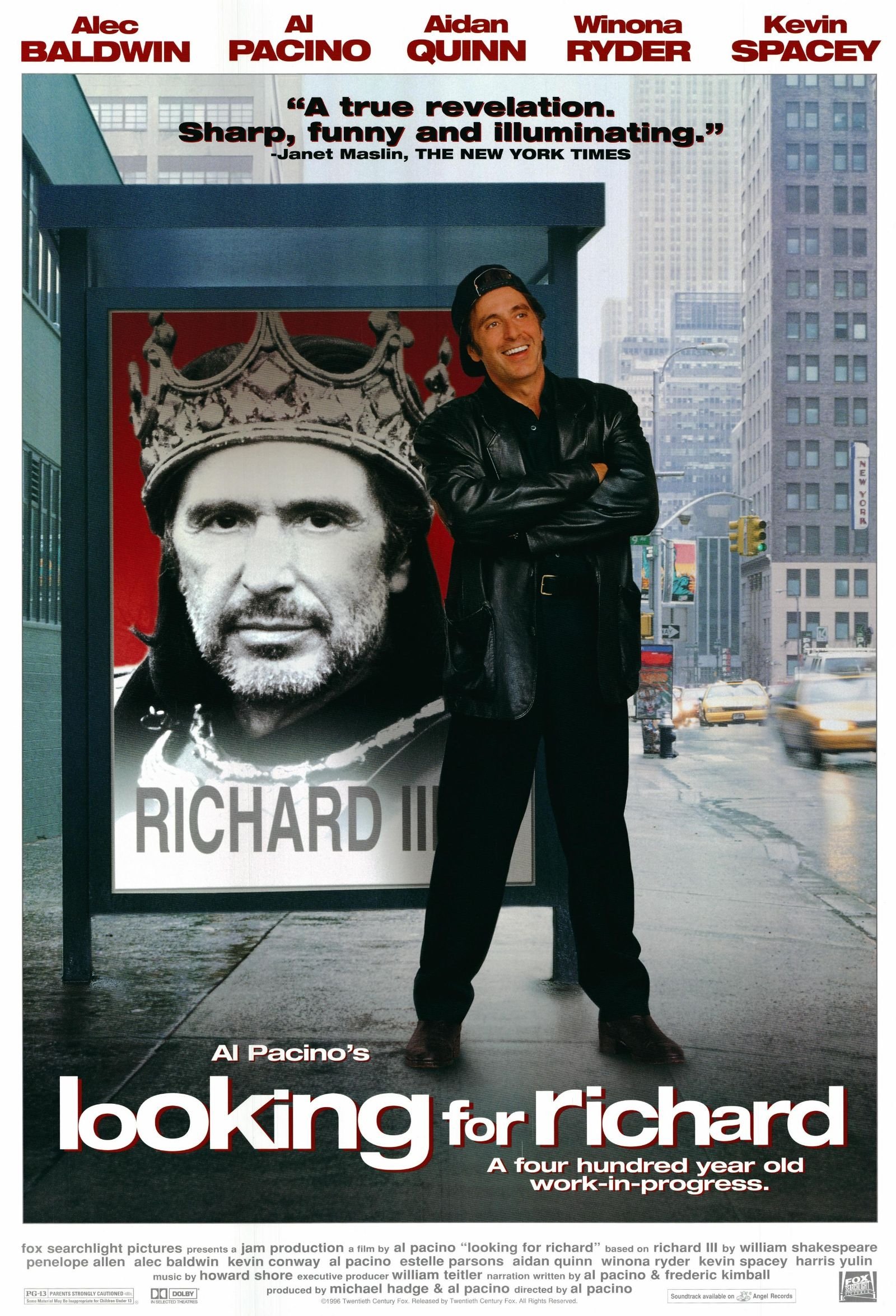
Al Pacino's deeply-felt rumination on Shakespeare's significance and relevance to the modern world through interviews and an in-depth analysis of "Richard III."
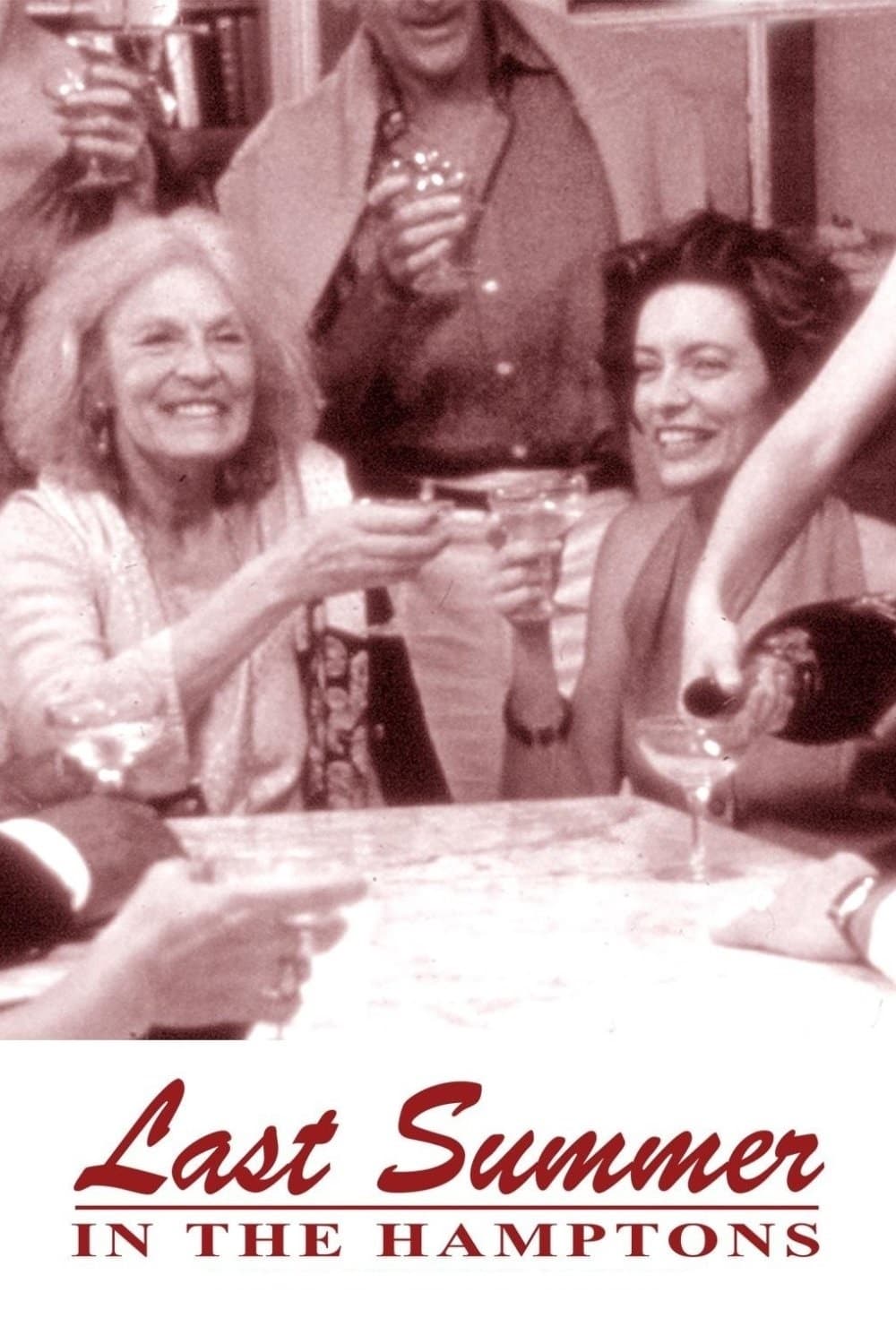
Helena Mora, the head of an eccentric theatrical family, has decided to sell her large estate in the Hamptons because of her recent money troubles. Before she completes the sale, she wants to have one last gathering of family and friends, with dramatic performances. Bringing everyone together, though, creates rivalries and tension, especially for Oona, a temperamental but successful movie actress who seeks the approval of her creative peers.

An interstellar teleportation device, found in Egypt, leads to a planet with humans resembling ancient Egyptians who worship the god Ra.
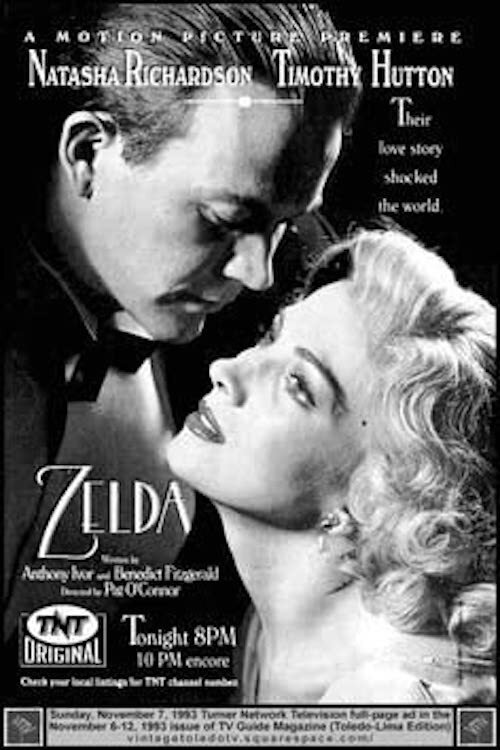
Famous 1920s modernist writer F. Scott Fitzgerald and his eccentric Flapper socialite wife Zelda Sayre's relationship began quite passionately, but he slowly fell into alcoholism and she was eventually diagnosed with schizophrenia.
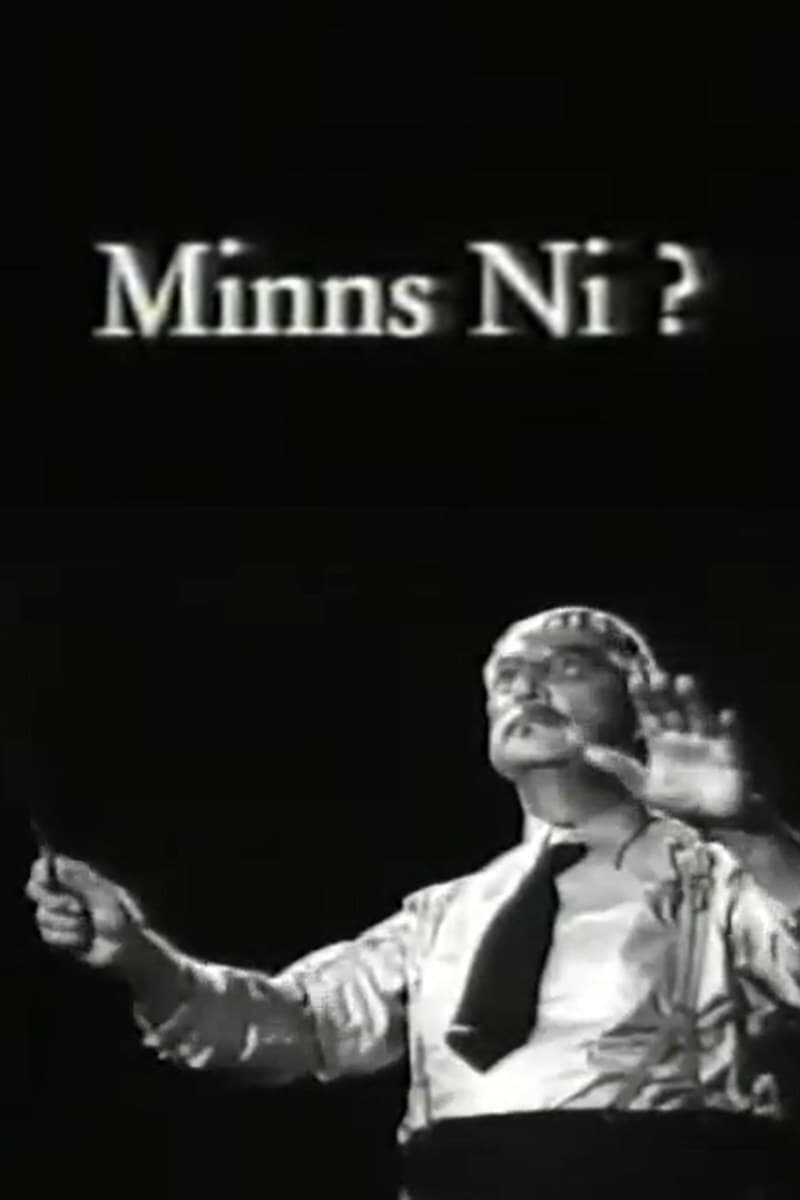
A quick overview of Swedish film history, featuring a breathtaking cavalry of scenes from about 170 films.
A profile of fashion designer Geoffrey Beene, on his 30 years in the industry.
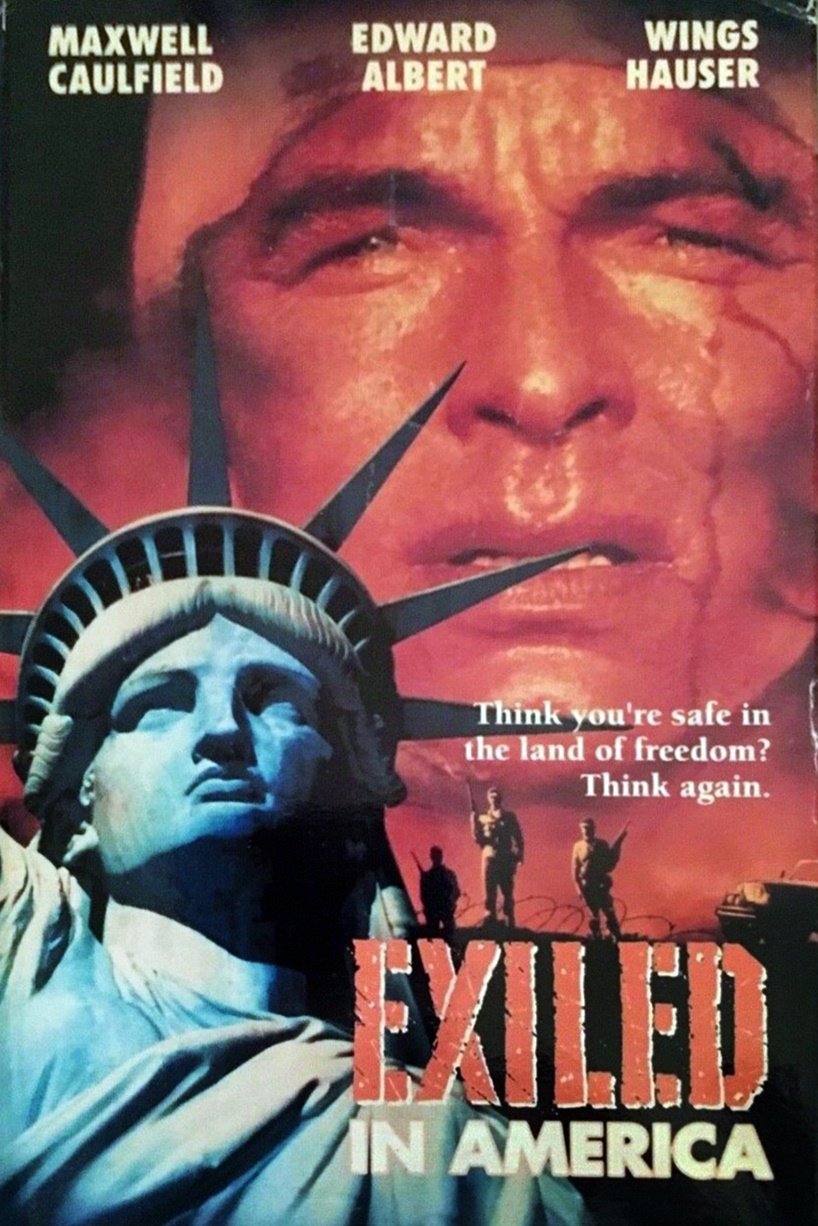
A Central American revolutionary is captured and tortured by government forces. He escapes and flees to the US, hiding out in a rural area where he is sheltered by a Christian sanctuary movement. His wife gets a job at a local diner run by one of the town's shadier women, and soon a CIA assassination team shows up, looking for him.
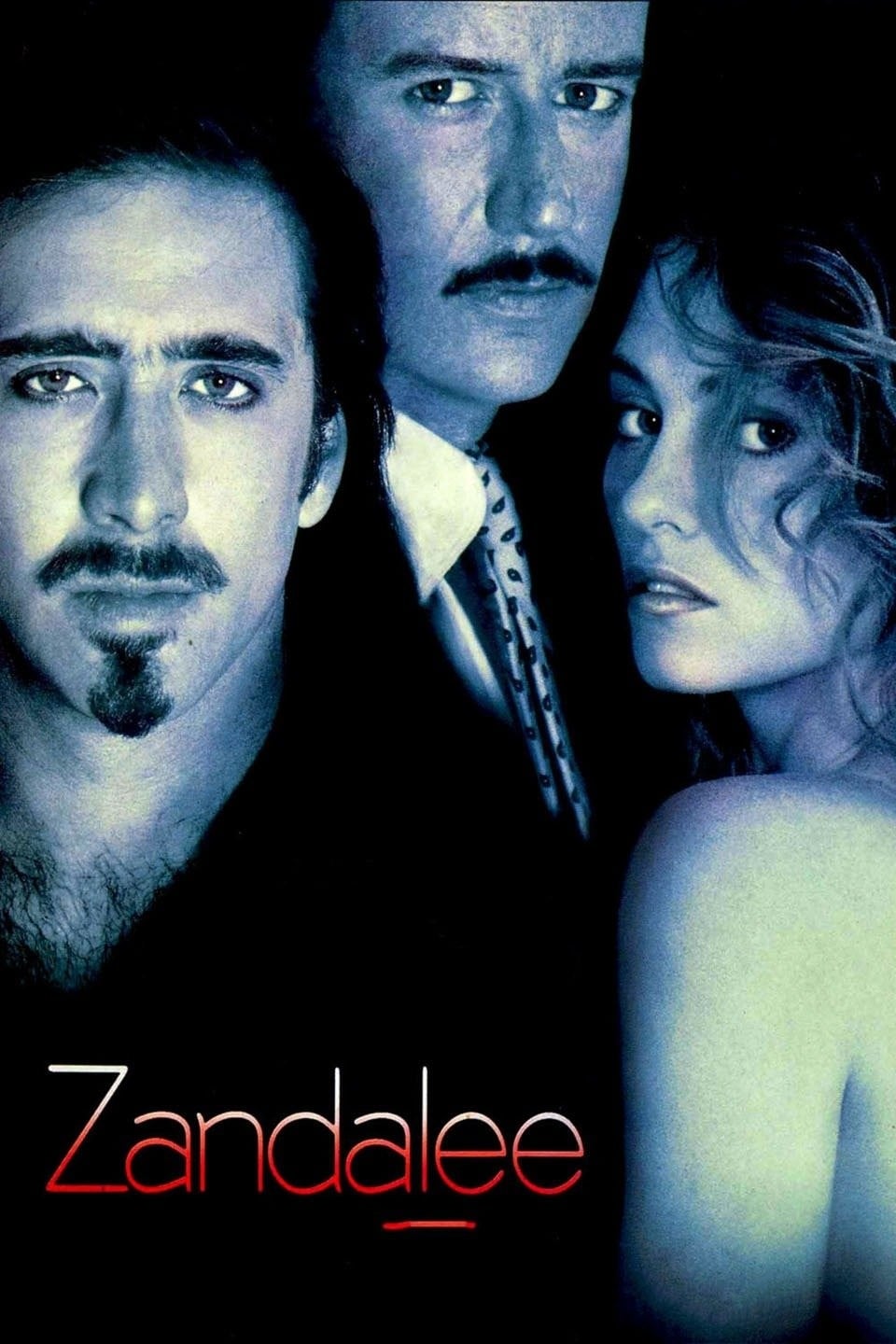
Bored with her marriage to burnt out poet turned corporate executive Thierry, Zandalee falls prey to an old friend of her husband, the manipulative and egotistical Johnny and becomes enmeshed in a sensual, passionate and destructive affair.
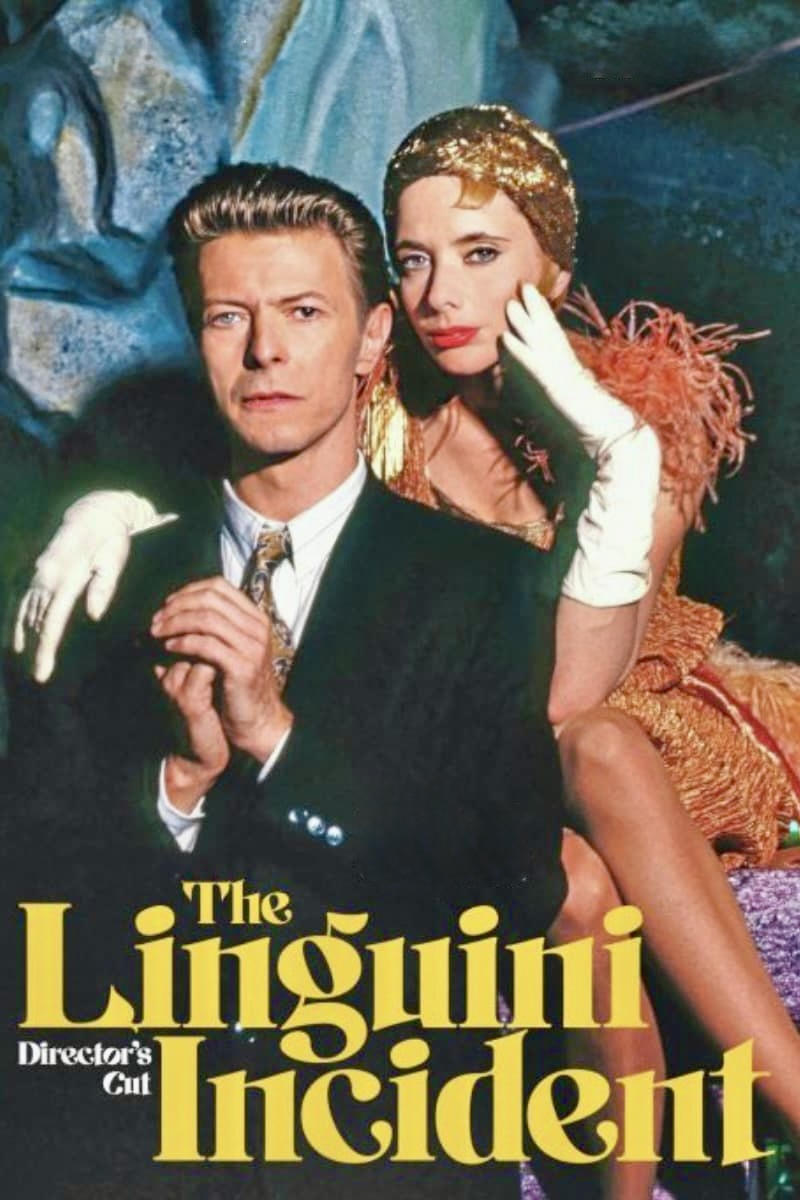
A waitress, a barman and an underwear designer try to rob the New York restaurant where two of them work.
Viveca Lindfors (1920-1995) was a renowned Swedish-American actress known for her versatility and captivating performances on stage, in film, and on television. Born in Uppsala, Sweden, Lindfors developed a passion for the performing arts from a young age, honing her craft at the prestigious Royal Dramatic Theatre in Stockholm. In 1946, Lindfors was brought to Hollywood by Warner Brothers in the hope that she would become a new Greta Garbo or Ingrid Bergman - two of Sweden's most famous cinematic exports. This marked the beginning of a prolific international career that would span several decades. Lindfors went on to appear in a wide range of acclaimed films, including the film noir classic "I'll Cry Tomorrow" and the psychological thriller "The Addams Family." Beyond her on-screen work, Lindfors was also a respected theater actress, garnering critical acclaim for her portrayals of iconic roles such as Hedda Gabler and Medea. Her versatility and emotional depth were widely praised, and she was known for her ability to bring nuance and complexity to even the most challenging characters. In addition to her acting work, Lindfors was also a dedicated educator and mentor, sharing her expertise and passion for the performing arts with aspiring actors and directors. She taught at several prestigious institutions, including the Actors Studio in New York, and was instrumental in nurturing the next generation of theatrical talent. Throughout her career, Lindfors received numerous accolades and honors, including a Primetime Emmy Award for her performance in the television film "Testimony of Two Men." She was also recognized with a Lifetime Achievement Award from the Swedish Film Institute, cementing her status as one of the most respected and influential Swedish actors of the 20th century.
By browsing this website, you accept our cookies policy.